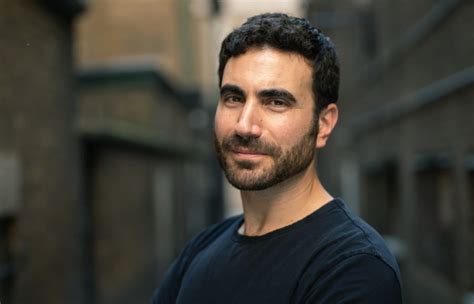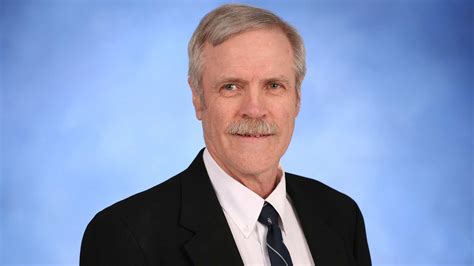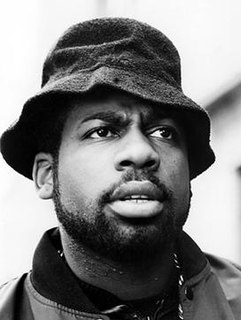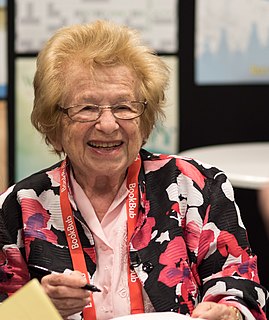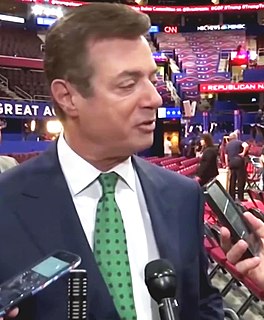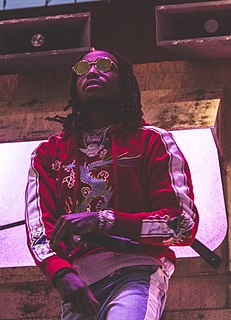A Quote by Ilhan Omar
When people were selling the politics of fear and division and destruction, we were talking about hope. We were talking about the politics of joy.
Related Quotes
Will Bridges, who is the co-creator with me, when we were working on 'SuperBob,' we were just talking about how we like to write about relationships. And we were talking about what love is. We were in very different stages; he was married and was about to have his first child, and I was kind of dating the wrong people.
Go back to the Bible, the Old Testament. I mean there were people who we would call intelectuals, there, they were called prophets, but they were basically intelectuals: they were people who were doing critical, geopolitical analysis, talking about the decisions of the king were going to lead to destruction; condemning inmorality, calling for justice for widows and orphans. What we would call dissident intelectuals. Were they nicely treated? No, they were driven into the desert, they were imprisoned, they were denounced. They were intelectuals who conformed.
I was a young feminist in the '70s. Feminism saved my life. It gave me a life. But I saw how so much of what people were saying was not matching up with what they were doing. For example, we were talking about sister solidarity, and women were putting each other down. We were talking about standing up for our rights, and women weren't leaving abusive relationships with men. There were just so many disconnects.
What I was talking about was, of course, very autobiographical - '68 was the moment when all the young people were incredibly excited, because when we were going to sleep, we knew we would wake up not tomorrow, but in the future. There was a sense of future that was the result of the mixture of politics, cinema, music, the first joints. And the movies were a very important part of that cocktail.
My idea of what was going on in politics was driven by activism. I came out when I was 17, and right away I started working in the AIDS activist movement. For me, politics was about getting drugs approved and getting prisoners access to the same kind of drugs that you could get on the outside. It was about getting needle exchanges approved. That was politics. These were policy problems that were killing people, and we were trying to get them changed.
Trump is an outsider; maybe you don't know. So he is sitting in a room: he is talking business, he is talking politics - in a private room, it's a different persona. When he's out on the stage, he is talking about the kinds of things he's talking about himself; he's projecting an image that's for that purpose.
First I went to a Jewish school, when I was very little. But when I was 12, they put me in a school with a lot of traditions, and they were educated people and they were talking about Greece and the Parthenon and I don't know what. All the kids, all the girls they had already seen that and knew that from their family, and I would say, "What are you talking about, what's that?" It's not my world. My grandparents were very well-educated people, but in the Jewish tradition. They knew everything about the Bible.
Street politics is what happens in our everyday life, living in the bando. It's the environment around us and what we doing in the streets. We [Migos] talking about how many snakes there are in the grass and talking about how people can hurt you, and talking about how that can help you gain knowledge.
My first AIDS campaign was in 1985. There was this dark cloud, everybody was socially inspired - we hadn't seen social consciousness like that since the '60s - but most people were talking about hunger in Africa. Nobody was talking about this really ominous circumstance here in the U.S. because of this fear of stigma.


